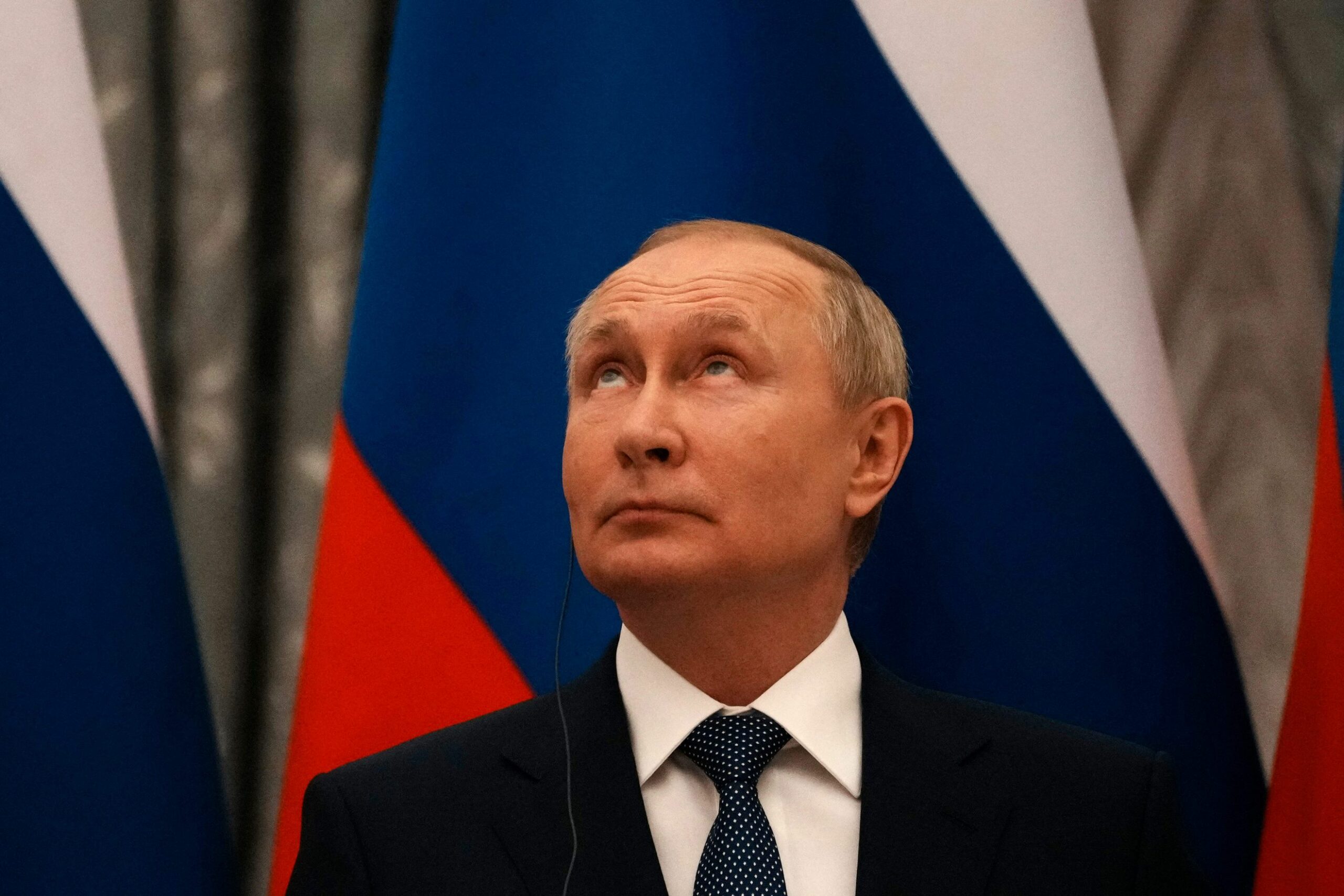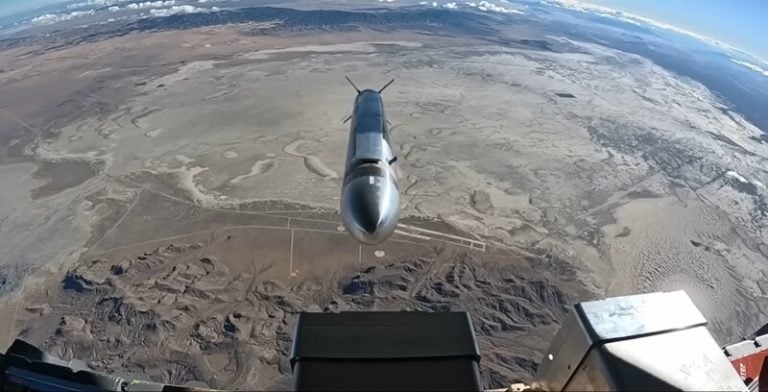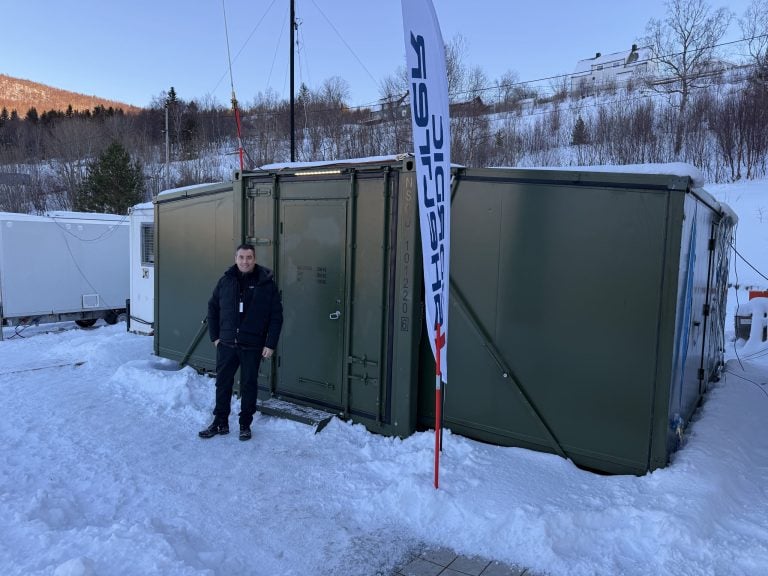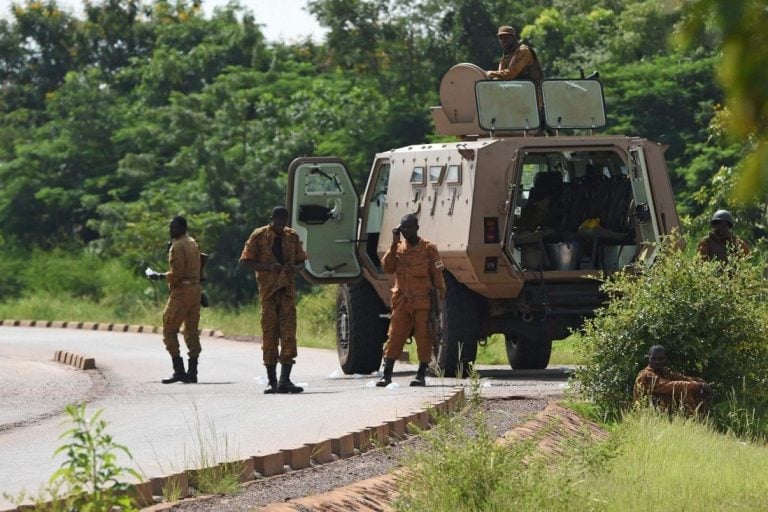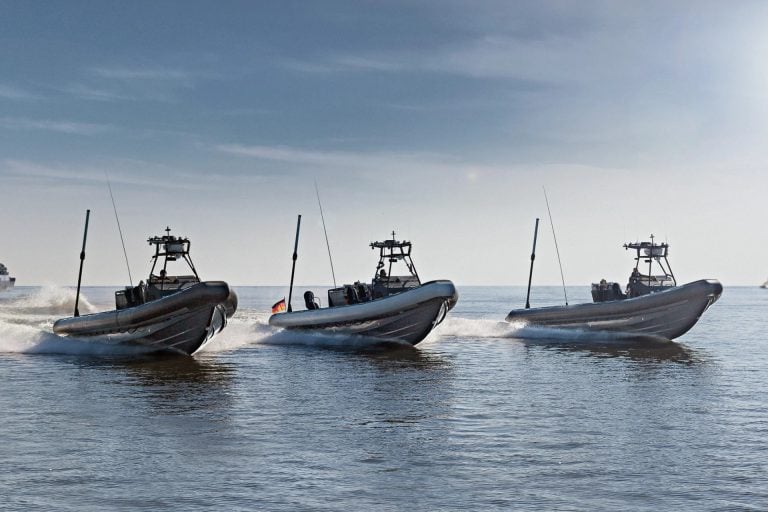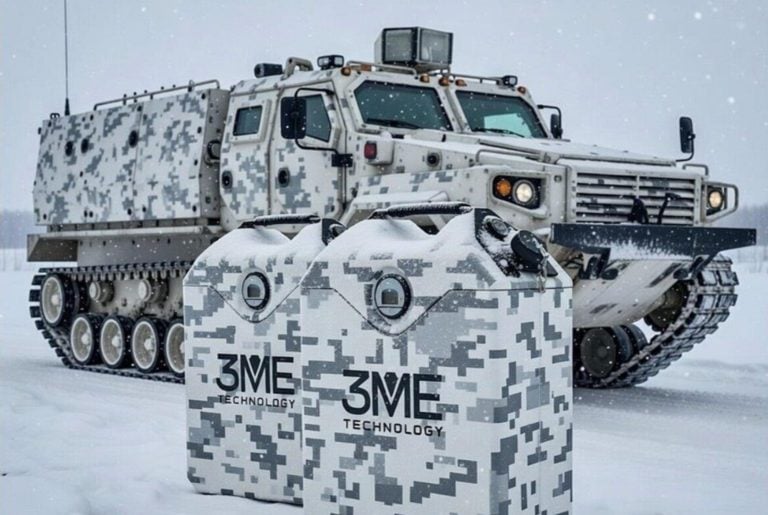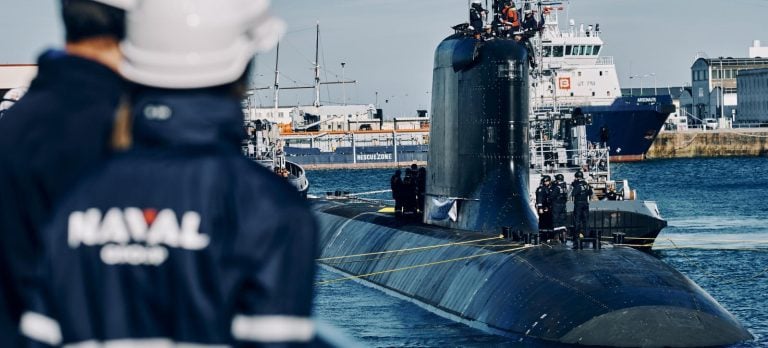Russian President Vladimir Putin’s announcement for a three-day ceasefire with Ukraine took effect on Thursday, framed by the Kremlin as a measure to “test” Ukraine’s commitment to peace. However, this declaration has been met with skepticism and condemnation from Ukrainian officials, who have labeled it a mere theatrical gesture.
As the ceasefire commenced, the extent of compliance from either side remained unclear, particularly during a time when world leaders, including China’s Xi Jinping, Brazil’s Luiz Inacio Lula da Silva, and Serbia’s Aleksandar Vucic, converged in Moscow to commemorate the end of World War II. The timing of Putin’s truce coincided with Moscow’s upcoming Victory Day parade on Friday, raising questions about its sincerity. Ukraine, for its part, has rejected the truce outright, advocating instead for a more robust 30-day ceasefire.
Shortly before the ceasefire was due to take effect, hostilities flared with both sides conducting aerial assaults that resulted in airport closures in Russia and at least two fatalities in Ukraine. Despite Russia’s commitment to observe the ceasefire during the holiday, the Kremlin warned of an “immediate” response should Ukraine initiate fire.
Ukrainian President Volodymyr Zelensky reiterated his call for a 30-day ceasefire in an evening address, highlighting that the world seems unresponsive to Russia’s actions. He emphasized the potential for diplomacy if Russia were willing to engage earnestly.
Putin’s truce declaration, made last month as a “humanitarian” gesture under pressure from the U.S., stands in contrast to his previous rejection of a joint U.S.-Ukrainian proposal for an unconditional ceasefire. U.S. President Donald Trump has been actively seeking an end to the hostilities but has encountered persistent challenges in advancing peace talks.
In the lead-up to the ceasefire, Russia conducted a barrage of drone and missile attacks against Ukraine, which resulted in civilian casualties, including the deaths of a mother and her son. The ongoing violence has frustrated U.S. officials, with Vice President JD Vance calling for direct negotiations between Russia and Ukraine as a necessary step toward resolving the conflict.
While Russia prepared to celebrate Victory Day with a grand military parade in Red Square, the Kremlin took measures to ensure security during the festivities. Spokesman Dmitry Peskov noted that internet connections had been disrupted to mitigate threats from Ukraine, urging patience from Moscow’s residents during this period of heightened security.
As the festivities approached, more than 20 world leaders were expected to attend the May 9 celebrations. Meanwhile, visitors from other Russian regions appeared unfazed by the ongoing tensions, expressing a sense of normalcy. However, chaos ensued at airports across major cities due to Ukraine’s drone strikes, affecting tens of thousands of travelers as flights were canceled or delayed.
This backdrop sets the stage for a tense atmosphere in the region, with both sides entrenched in their positions while the prospect of meaningful dialogue remains elusive. The international community continues to watch closely as the situation unfolds.
